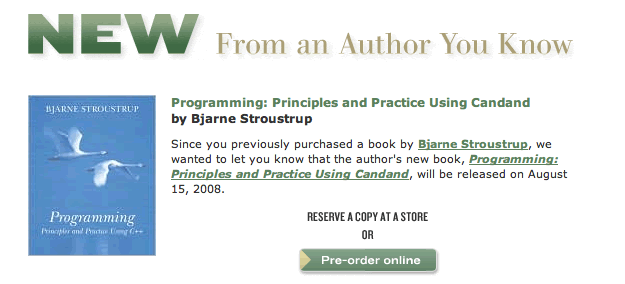Every little (bit?) helps
The Tesco supermarket company defines its values by a slogan that, as my American undergraduate student Denise Wood pointed out to me yesterday, simply doesn't seem (to her or to me) grammatical:
Denise showed it to me on the back of a till receipt, and at first I misread it as "Every little bit helps". (Recall the song title Every Little Bit Hurts.) Then I saw that the head noun bit wasn't there.
British students seem inclined to accept this phrase — possibly because they've been seeing it on bags and till slips for years (Tesco is still a mostly UK company). But there seems to be an isogloss here (a boundary between dialects determined by the use of some particular word or phrase), with me and Denise on one side and possibly (we don't know yet) most British speakers on the other. What does seem clear is that this is not a productive or extensible pattern. You just can't get away with other noun phrases formed, like every little, from a determinative and an adjective. You really can't say *Every big is desirable, or *Each generous gets us closer to the goal. The phrase every little, considered as a noun phrase, has to be some kind of special sui generis construction. It's not just a regular normal deployment of determinative and adjective.
Read the rest of this entry »

